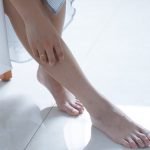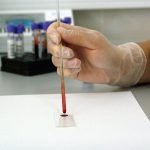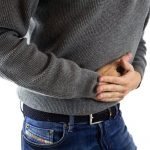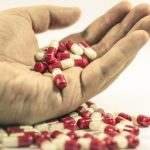Why everyone should have a heart age test
In a recent study, researchers found that people who understand their ‘heart age’ are more likely to make healthy lifestyle changes.
They found 50 preventable...
Your eyes can show signs of ‘long COVID’
In a new study published in the British Journal of Ophthalmology, researchers found nerve fiber loss and an increase in key immune (dendritic) cells...
Living in a green, leafy neighborhood could cut your heart attack risk
In a recent study from the University of Miami, researchers found spending your golden years in a place with lots of trees and other...
A new way to protect your feet from diabetes
In a recent study, researchers develop innovative in-sole sensors that will alert diabetic patients during excessive or extended activities that could trigger foot ulcers.
The...
New cancer treatment may reawaken the immune system
Immunotherapy is a promising strategy to treat cancer by stimulating the body's own immune system to destroy tumor cells, but it only works for...
Doctors should ‘prescribe’ exercise for people with slightly high blood pressure, cholesterol
In a new report from the University of Pittsburgh, researchers suggest doctors should encourage otherwise healthy adults with slightly elevated blood pressure or cholesterol...
These 3 things can increase risk of colon cancer
In a new study, researchers found the nuances of sex differences and lifestyle influences on colon cancer risk.
They found sedentary lifestyle, a high-fat diet,...
Managing pain: Moving beyond opioids
Most people experience some kind of pain during their lives. Pain serves an important purpose: it warns the body when it’s in danger. Think...
How high-protein diets could increase heart attack risk
High-protein diets may help people lose weight and build muscle.
But in a new study from the Washington University in St. Louis, researchers found a...
These heartburn drugs may increase risk of dementia
Many people around the world use proton pump inhibitors (PPIs) for conditions like heartburn, gastritis, and stomach ulcers.
A recent study in the journal Alzheimer’s &...










